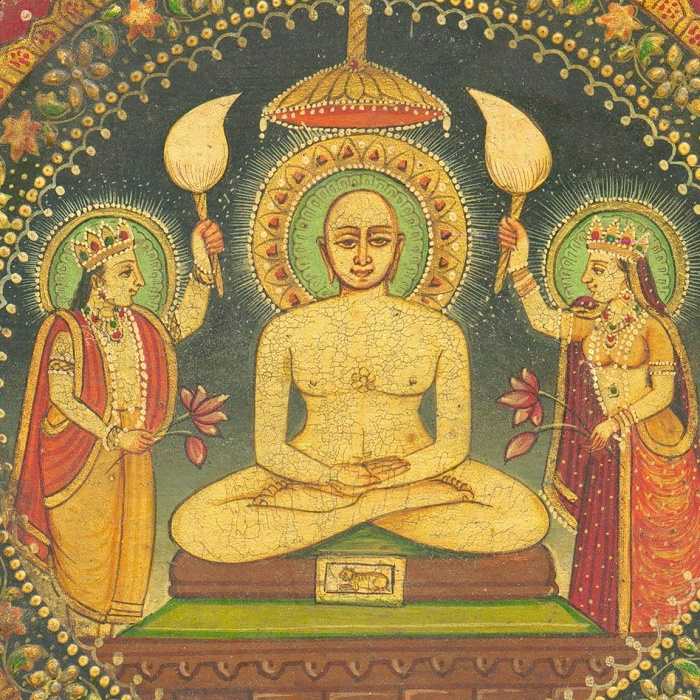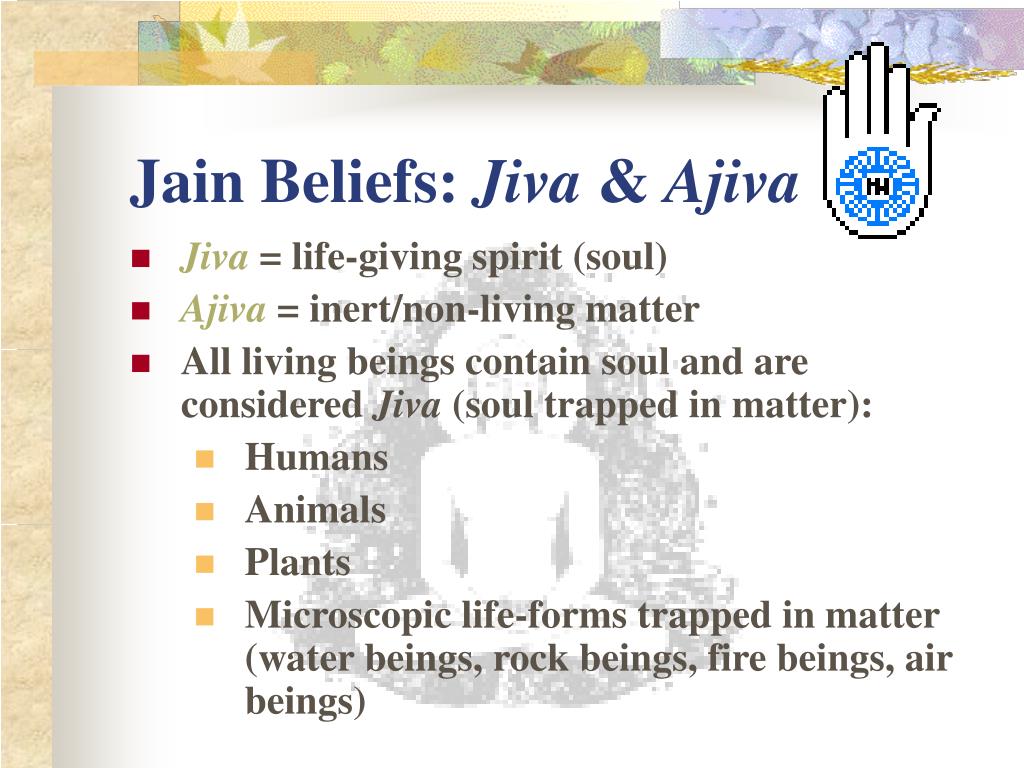Jainism For Ias Exam Presentation
| Introduction to Jainism | ||
|---|---|---|
| Jainism is an ancient Indian religion. It was founded by Lord Mahavira in the 6th century BCE. Jainism emphasizes non-violence, truth, and non-attachment. | ||
| 1 | ||
| Core Beliefs of Jainism | ||
|---|---|---|
| Ahimsa, or non-violence, is the central principle of Jainism. Jains believe in the concept of karma, that every action has consequences. Jainism promotes the idea of non-attachment to material possessions and desires. | ||
| 2 | ||
| Principles of Jainism | ||
|---|---|---|
| Jains follow the three jewels: right belief, right knowledge, and right conduct. Jainism teaches the importance of practicing austerity and self-discipline. Jains believe in the concept of anekantavada, or non-absolutism, which acknowledges multiple perspectives. | ||
| 3 | ||
| Jain Scriptures | ||
|---|---|---|
| The primary Jain scriptures are called Agamas. Agamas contain the teachings and stories of Tirthankaras, the enlightened beings. Jain monks and nuns follow strict rules and rituals outlined in the Agamas. | ||
| 4 | ||
| Jainism and Non-Violence | ||
|---|---|---|
| Jains are known for their commitment to non-violence towards all living beings. Jains practice vegetarianism and avoid causing harm to any living creature. Jain monks and nuns wear masks to prevent accidentally harming small organisms. | ||
| 5 | ||
| Jain Rituals and Practices | ||
|---|---|---|
| Jains observe fasting as a way to purify the body and mind. Pilgrimage to sacred Jain sites is an important practice for Jains. Jains engage in meditation and prayer to seek spiritual enlightenment. | ||
| 6 | ||
| Jain Philosophy and Ethics | ||
|---|---|---|
| Jain philosophy emphasizes the interconnectedness of all living beings. Jains believe in the equality of all souls and advocate for social justice. Jain ethics promote honesty, non-stealing, and celibacy among monks and nuns. | ||
| 7 | ||
| Jain Sects | ||
|---|---|---|
| Jainism is divided into two main sects: Digambara and Shvetambara. Digambara monks do not wear clothes while Shvetambara monks wear white clothes. Despite differences, both sects share the same core beliefs and principles. | ||
| 8 | ||
| Jainism and Indian Society | ||
|---|---|---|
| Jainism has had a significant influence on Indian culture and society. Many Jain temples and monuments are architectural marvels. Jains have made significant contributions to fields like commerce, education, and philanthropy. | ||
| 9 | ||
| Conclusion | ||
|---|---|---|
| Jainism, with its emphasis on non-violence and spiritual enlightenment, is a unique and influential religion. Its principles of non-attachment and ethical living have a profound impact on its followers. Understanding Jainism is important for a comprehensive understanding of Indian religious and cultural heritage. | ||
| 10 | ||









